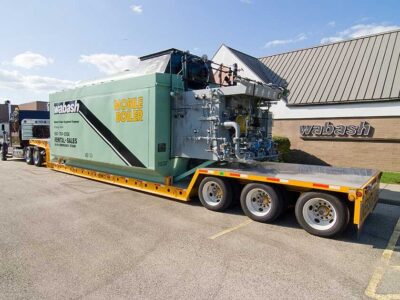The pandemic put a halt on many business activities, but M&A wasn’t one of them. Globally, there were over 62,000 publicly disclosed deals worth a staggering $5.1 trillion.
Of course, buying or merging with another business involves a certain amount of risk. That’s why it’s vital for company owners to conduct several types of due diligence. This process involves investigating the seller’s claims and making sure that the transaction will be a viable (and profitable one).
Keep reading as we review five crucial types of due diligence involved with M&As.
- Financial DD
The most important type of due diligence is undoubtedly the financial side. Financial DD provides a thorough understanding of:
- audited and unaudited financial statements
- company projections
- schedule of inventory
- capital expenditure plan
- analysis of profit margins
- fixed and variable cost analysis
The main goal is to assess the company’s financial history, cash flow, and projections to ensure everything is accurate and true. Read more on financial due diligence to understand the most important details of the procedure.
- HR DD
Another major undertaking is a thorough investigation of the company’s HR department. This includes analyzing:
- All employees, positions, vacancies, and salaries
- All employment contracts and non-disclosure/non-competitor agreements
- Current HR policies regarding paid leave, bonuses, overtime, etc.
- Any pending legal cases or labor disputes with current or former employees
- All employee benefits including health insurance and retirement packages
The goal of HR due diligence is to understand the company culture as well as to identify any potential people-related risks.
- Admin DD
Are all of the company’s operating costs captured in their financial reports? The only way to know for certain is to conduct administrative due diligence.
This process verified everything related to company admin, such as the size and condition of facilities, the occupancy rates of each building, and the number of workstations. This information is invaluable if the buyer has plans to pursue the expansion of the company they’re acquiring.
- Tax DD
Has the company properly calculated, reported, and paid all its taxes? This is the question that tax due diligence answers.
During the phase of the process, the buyer will review:
- copies of all tax returns for the last 3-5 years
- information about past or pending audits
- anything related to unused credit carryforwards or net operating loss (NOL)
The buyer should also review any additional correspondence with tax agencies that could signal a hidden issue.
- Regulatory DD
Some industries such as finance and healthcare are subject to many (and ever-changing) regulations. If two heavily-regulated businesses are merging, it’s vital to maintain compliance with all current and pending laws.
This is especially urgent if the businesses operate in different counties, states, or countries, as laws vary by location. If the buyer overlooks or unknowingly breaks any regulations (HIPAA, OSHA, FDA, etc.), they could be subject to civil or criminal penalties.
The Most Important Types of Due Diligence
Any successful M&A deal involves conducting different types of due diligence. Even if you’re not in the middle of an extensive merger, the advice above will help you keep your company on the right track.
Now that you’re well-versed in due diligence, what’s next? Keep browsing our site for more helpful financial and business advice.












Comments